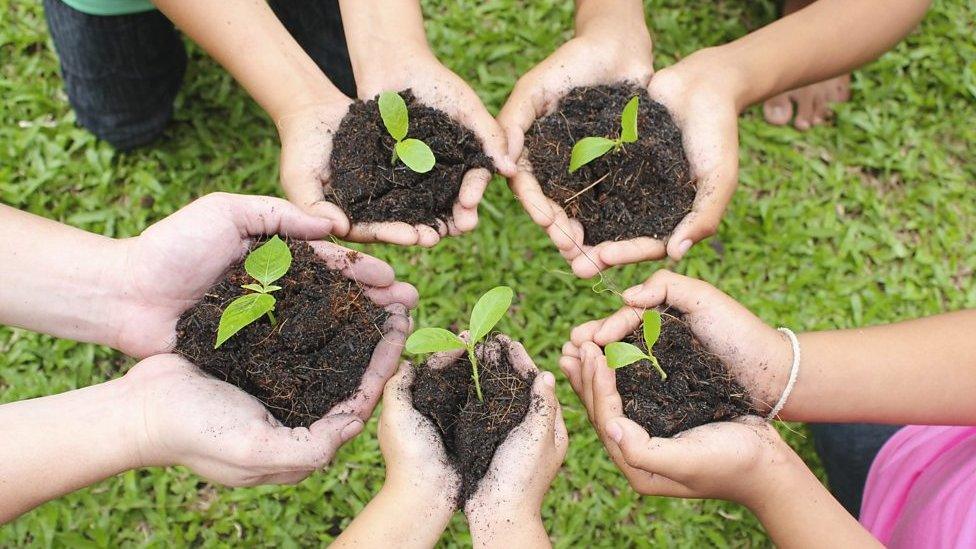Five tips to help you be a friend to wildlife this summer
- Published
- comments
George has got some tips on how to give wildlife a hand this summer
Summer is here and our outdoor spaces are in full bloom, with trees and plants showing off their colours and lots of people are looking forward to spending more time outside.
Summer is also a busy time of year for the wildlife that shares our spaces and there are a few things that we can do to make sure animal visitors have all they need to thrive during the summer months.
Royal Horticultural Society ambassador and garden lover, Green-fingered George, has been sharing his top tips on how to give British wildlife a helping hand this summer.
1. Get growing
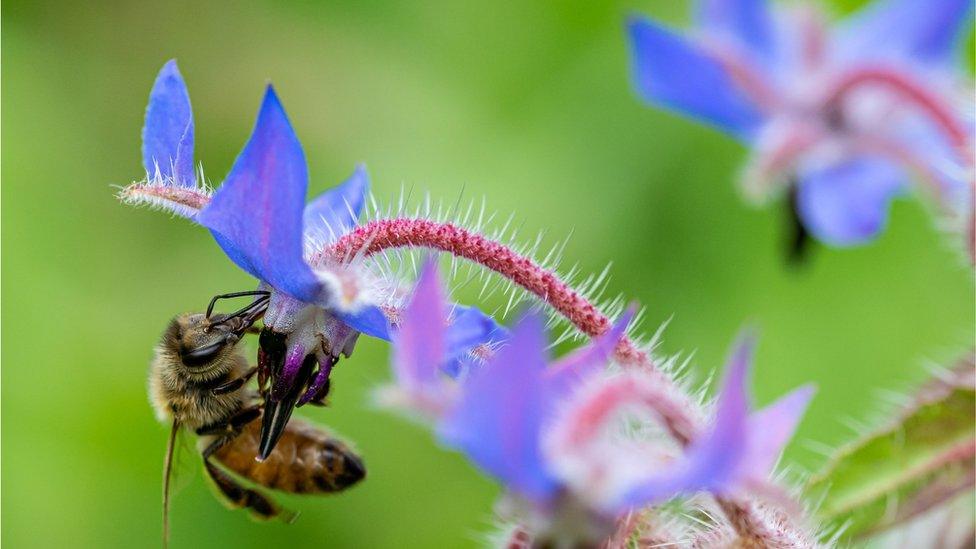
We all enjoy seeing nature in bloom in the summer months and many insects love it too.
Pollinators like bees and butterflies are vital for the health of our planet, so why not give them a hand by choosing the plants they love for your outdoor space?
Plants like cornflowers, borage, geraniums and lavender are loved by pollinators. Put them into your garden and, when summer comes, your outdoor space will be buzzing with life.
It's a small thing that we can do to help insects to succeed.
2. Feed the birds

Our feathered friends love a helping hand all year round, and in the spring and summer months they are looking for nutritious food to feed their hungry new chicks.
Bird seed is easy to find in the supermarket or garden centre, and birds can also eat many scraps from kitchens.
Leftover cooked rice, uncooked porridge oats, raisins, peanut butter, dried fruit and even table scraps like cheese or boiled potatoes are all healthy and nutritious for birds.
It is a good idea to put the food somewhere high enough to stop cats from preying on birds as they eat, but you don't need to buy a bird-feeder. An apple or pear hung from a string makes a great treat for a bird.
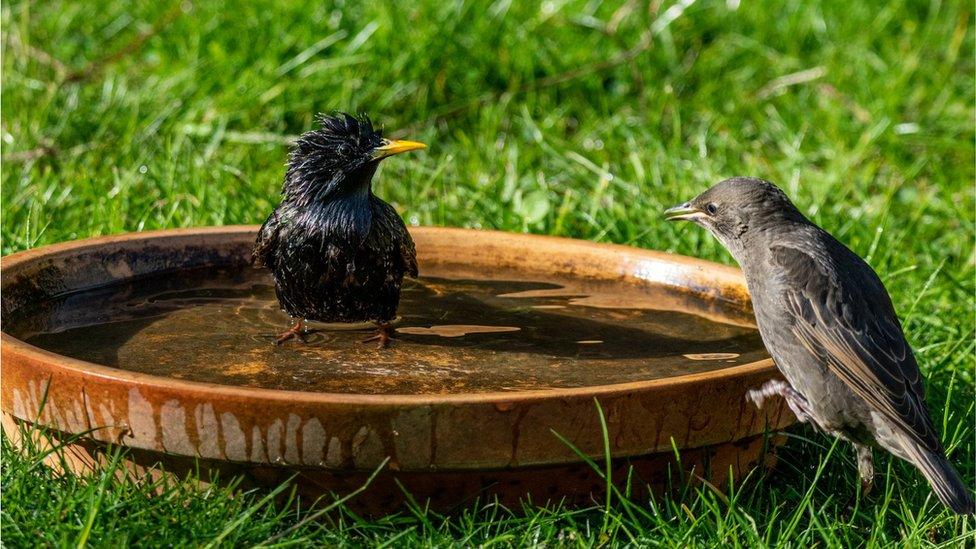
Birds also need access to fresh water for bathing and drinking.
With a bit of thought they'll be flocking to visit you all summer.
RSPCA Education Officer, Charlie Pass says: "If you do start leaving out food, please keep it up for the winter, so that birds don't waste energy coming back to your garden in search of food."
3. Give them shelter
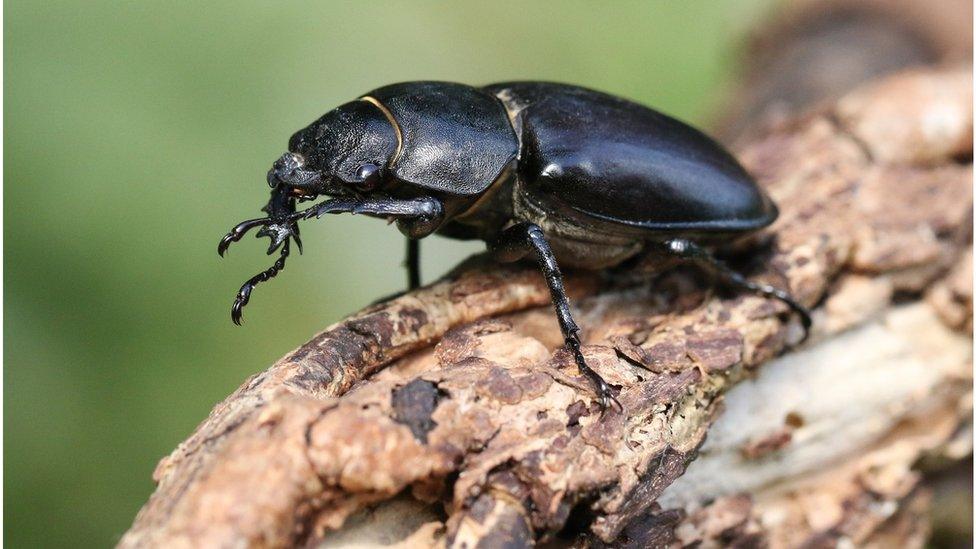
It doesn't take much to provide some shelter for British wildlife.
A simple pile of logs can provide a safe place for hedgehogs to hide or frogs and toads to make their home.
Beetles love to drill holes into dead wood and live inside.
By leaving some logs in a shady spot you can help animals keep cool this summer.
4. Sharing is caring
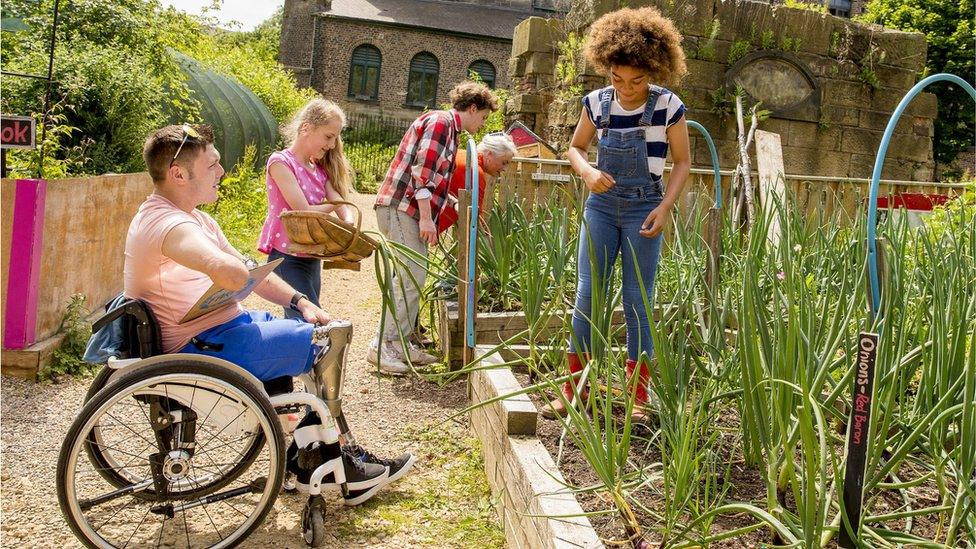
Growing fruit and veg? When you've picked what you need, leave the plant to go to seed.
By leaving seed heads on these plants you're providing food for birds and a place for insects to shelter.
It's a really simple way to give a helping hand to nature.
5. Go organic
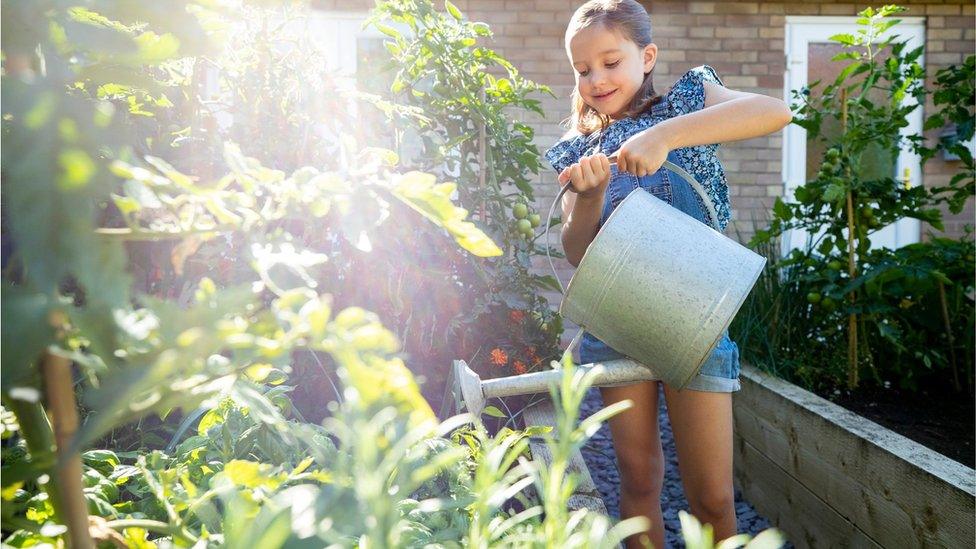
One of the best things you can do in your outdoor space to attract wildlife is to go organic.
Growing organically means not using any pesticides or chemical weed-killers.
Many of these can be really damaging to wildlife.
Ladybirds love to eat aphids, bats catch flying insects, while frogs and toads munch on slugs and snails.
So by avoiding chemicals you can help restore natural balance in your outdoor space, with animals able to find their natural food sources.
- Published14 April 2020
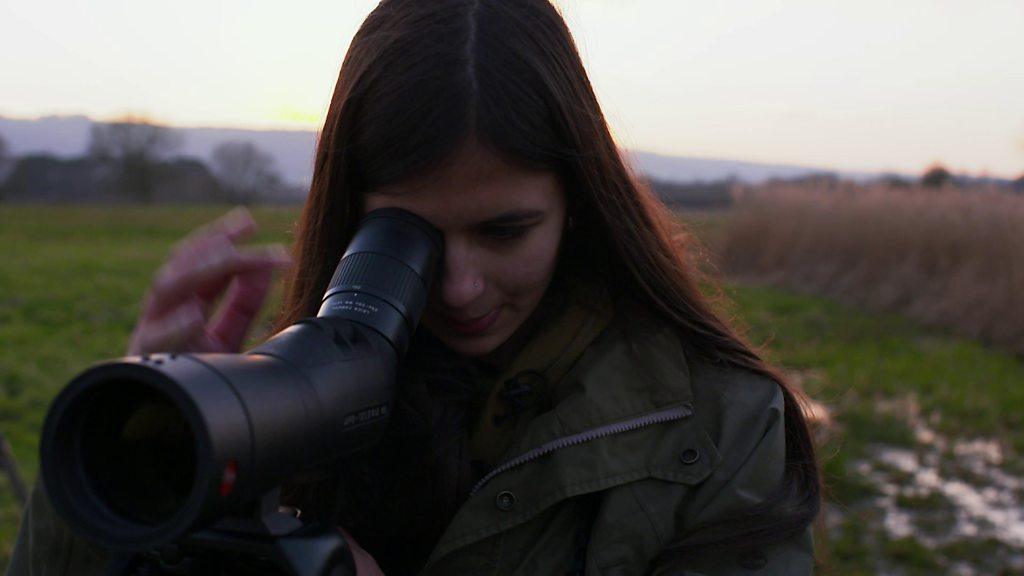
- Published20 May 2024
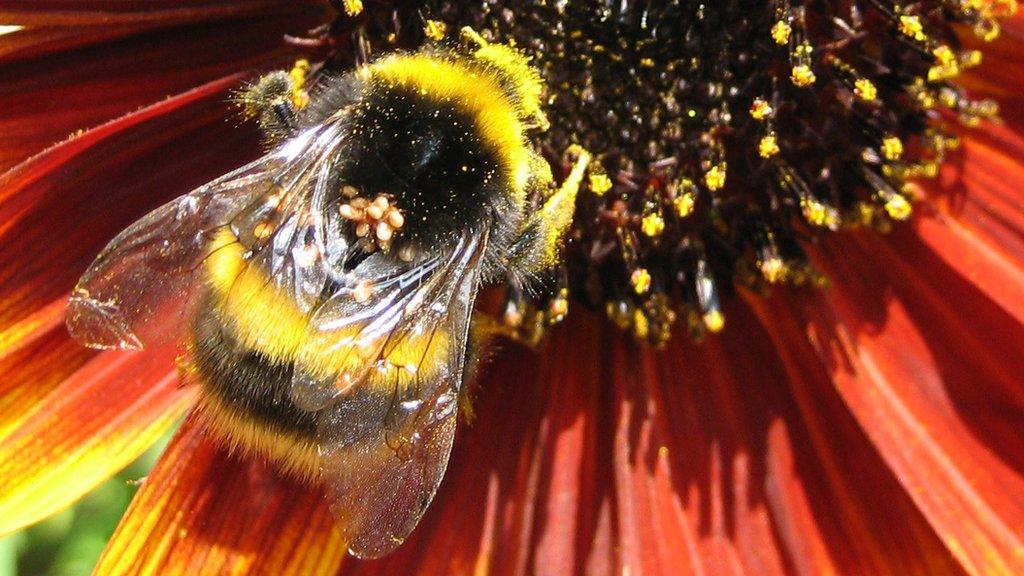
- Published6 May 2020
